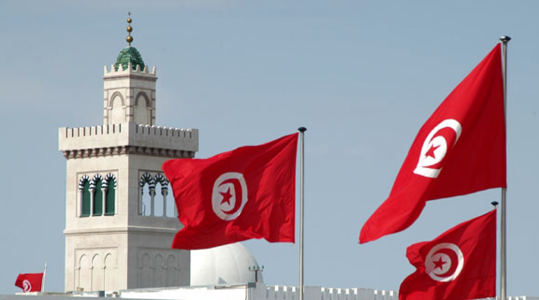
"The draft fiscal law for the next year 2019 will reduce the tax burden," said Taoufik Rajhi, the minister responsible for pursuing major reforms in Tunisia. "The International Monetary Fund does not impose issues on the government."
He also stressed that "the government has no intention of grinding the weak and medium classes, but it has taken parallel decisions to increase social expenditures for the benefit of vulnerable and moderate families and to cover the cost of treatment for more than 35 thousand families, in addition to increasing the university scholarships for students about 500 dinars and seeks to contain the causes of high prices resulting from the monopoly actions of some suppliers and the lack of production of some materials."
In parallel, Tunisia's National Statistical Institute revealed that the annual inflation rose to 7.8% in June from 7.7% in May, recording its highest level since 1990.
The Tunisian Central Bank raised its key interest rate last month by 100 basis points to 6.75 %, the second increase in three months to counter the inflation, while the Tunisian authorities expected inflation to reach about 9% by the end of this year for the first time.
